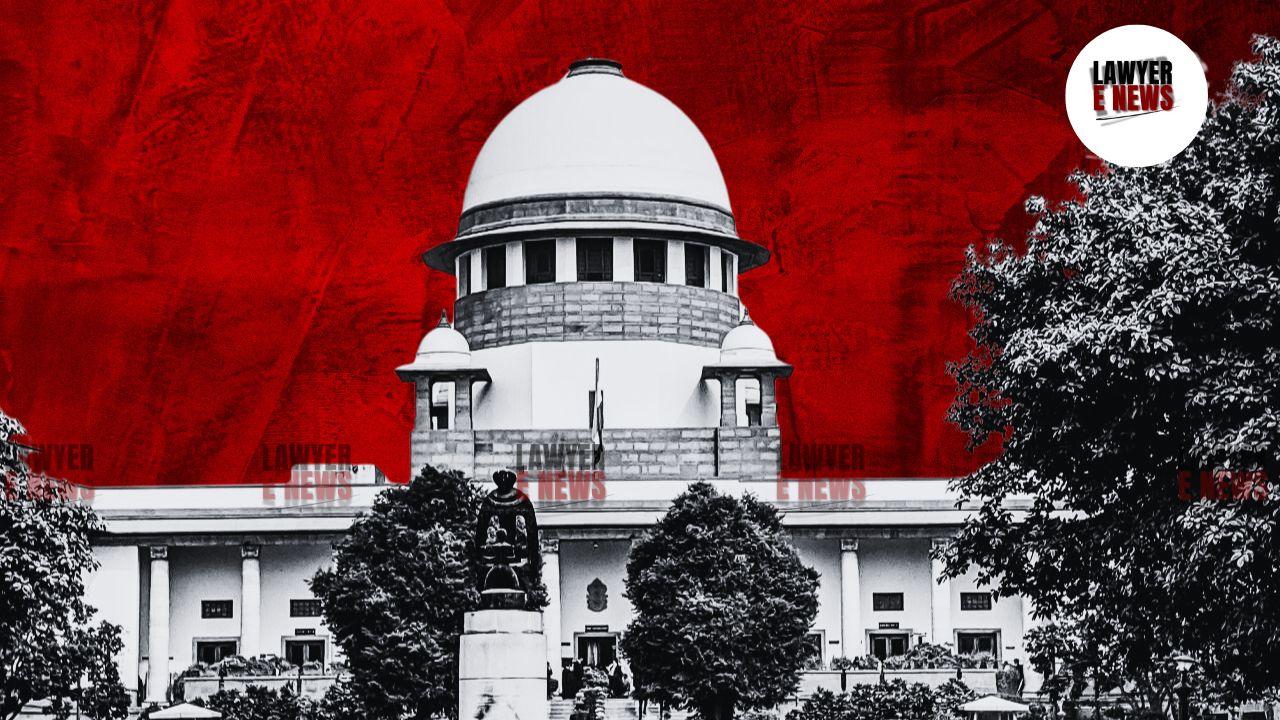-
by Admin
16 February 2026 1:47 PM



“Mere Bland Allegations of Connivance Are Not Enough — No Personal Gain, No Specific Role, No Case”: In a judgment passed on April 7, 2025, the Supreme Court of India dismissed the Union Territory of Jammu & Kashmir’s appeal challenging the High Court's decision to quash a corruption FIR filed in 2021 against Brij Bhushan, the former Managing Director of J&K Cooperative Housing Corporation (JKCHC). The FIR had pertained to a land acquisition that took place in 1989, and the Court held that mere suspicion and vague accusations are insufficient grounds for prosecution after such a delay.
Delivering the judgment in Union Territory of J&K v. Brij Bhushan, Special Leave Petition (Crl.) No. 12026 of 2024, a bench comprising Justices K. Vinod Chandran and Sudhanshu Dhulia upheld the High Court’s quashing of FIR No. 10/2021, stating:
“We do not see any allegation against the respondent herein under the provisions on which the FIR has been registered but for a bland allegation of connivance with the officers of the State.”
“Transaction Took Place in 1989, FIR Filed in 2021 — There Must Be Some Finality”
The case stemmed from a registered lease deed dated 10.04.1989, under which JKCHC acquired 30 kanals and 5 marlas of land at Rs. 31,500/- per kanal from private owners for a housing scheme. In 2021 — more than three decades later — the police registered an FIR under Section 5(2) of the J&K Prevention of Corruption Act, 2006 and Section 120-B IPC, alleging that the acquisition violated Section 28 and 28-A of the J&K Agrarian Reforms Act, 1976, which prohibited the sale of vested agrarian land.
However, the High Court had held that the consequence of such a prohibited transfer under the Agrarian Reforms Act was civil — not criminal. The Supreme Court agreed: “The consequence is only of reversion of such rights on the land to the State Government, which could also lead to dispossession… There can be no criminal proceeding initiated on the basis of a transfer which is prohibited under the Act.”
“Criminal Liability Cannot Be Fastened by Time-Traveling Accusations Without Evidence”
The Court noted that no action was taken under Section 28-A of the Agrarian Reforms Act to repossess the land or reverse the transfer even after the FIR. The colony was long developed, homes were built, and members had settled — further diluting any real-time legal concern.
More importantly, the Court emphasized: “There is also no personal benefit even alleged to have accrued to the party respondent herein.”
“The Managing Director of JKCHC acquired the lands after verification of rights from the Collector… acquisition was for a public purpose — to develop housing.”
Thus, it found no role of criminal misconduct attributable to Brij Bhushan, nor any personal gain, fraudulent intent, or concrete act of conspiracy.
“Corruption Allegations Must Be Specific — Not Broad and Vague”
While the Court clarified that criminal proceedings are not barred simply because the statute (Agrarian Reforms Act) does not provide for them, it held that such proceedings must be based on specific allegations, not vague accusations of collusion: “We do not agree with the High Court that no criminal proceedings will lie merely because the statute does not provide it… But such proceedings require substantiation.”
It reserved judgment on whether state officials involved in the transaction may or may not be protected under Section 29 of the Act (which grants immunity for acts done in good faith), saying that such a question could be “independently agitated” by those concerned.
Verdict Summary: FIR No. 10/2021 registered against Brij Bhushan quashed; Special Leave Petition dismissed;,Court declines to interfere, stating the High Court rightly quashed the proceedings in absence of credible allegations.
“We find no reason to interfere with the well-reasoned order of the learned Single Judge of the High Court.”
Date of decision : April 7, 2025
